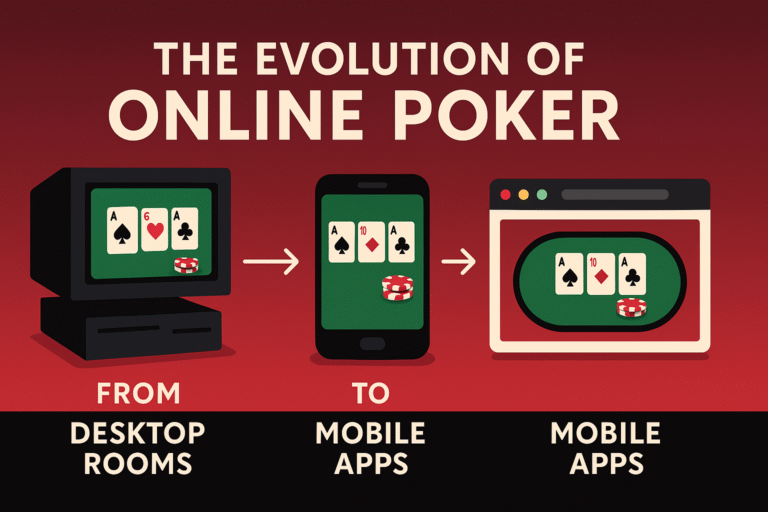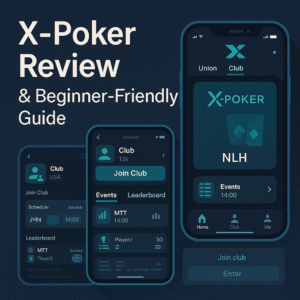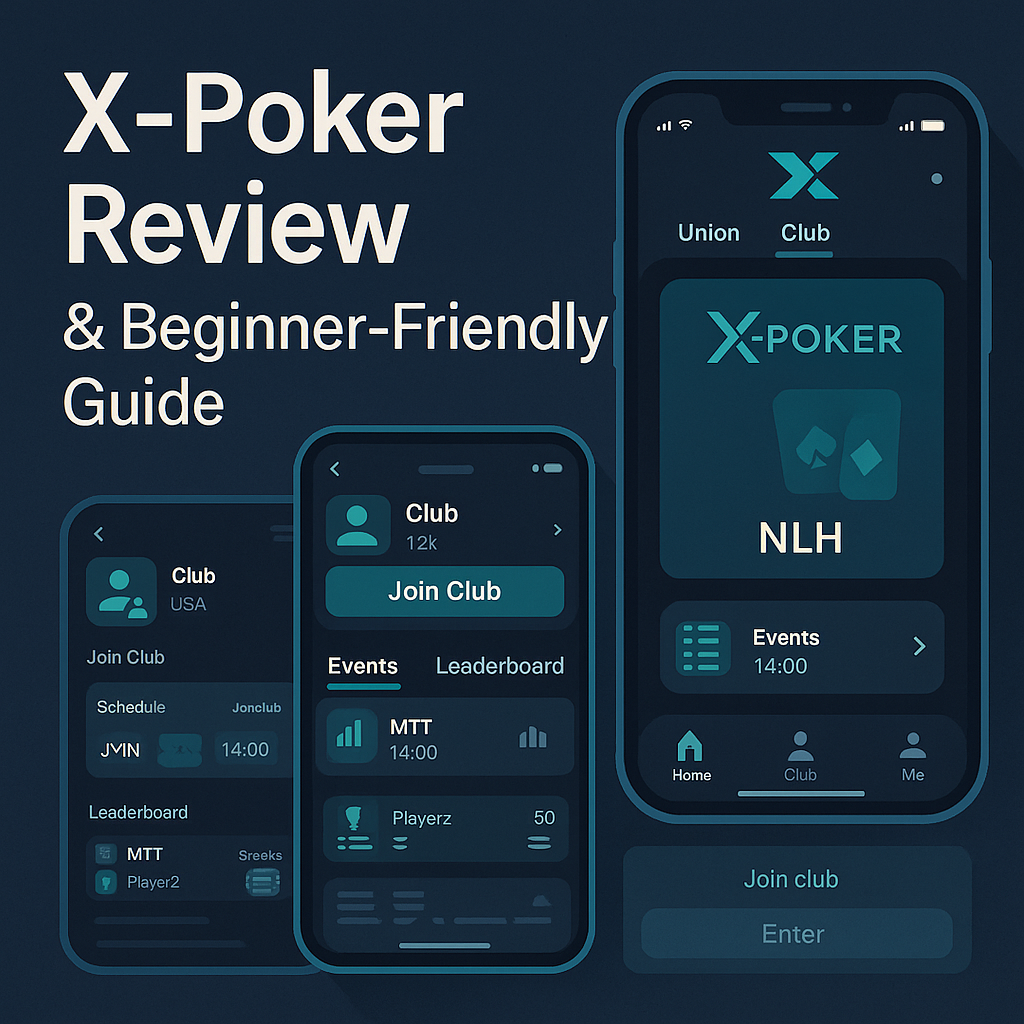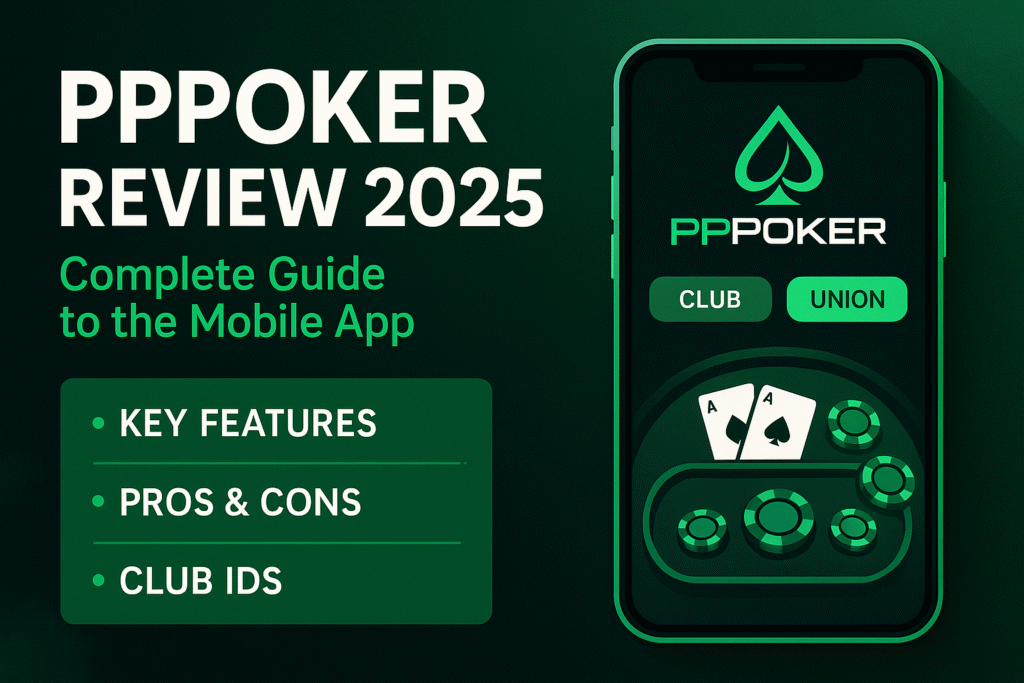Introduction
Online poker has gone through a remarkable transformation over the past two decades.
What started with basic desktop rooms has evolved into a diverse ecosystem of mobile poker apps
and browser-based platforms. In 2025, players enjoy more flexibility and accessibility than ever before.
Let’s take a closer look at how the industry has changed and where it’s heading.
The Early Days: Desktop Poker Rooms
In the early 2000s, online poker was primarily available through downloadable desktop clients.
Platforms like PokerStars and Full Tilt Poker led the way, offering global lobbies, scheduled tournaments,
and a new way for people to enjoy poker from home. While revolutionary at the time, these platforms required
a stable PC, large software downloads, and regular updates.
The Shift to Mobile Poker Apps
As smartphones became more powerful, the industry shifted towards mobile poker apps.
Apps such as ClubGG, PPPoker, and X-Poker introduced a new model where players could join
private clubs and unions. This decentralized approach gave communities more control and flexibility.
The convenience of playing on the go made mobile apps the dominant form of online poker by the mid-2010s.
- Accessibility: play anytime, anywhere.
- Private clubs: tailored communities and flexible formats.
- Union networks: larger groups for consistent activity.
The Rise of Centralized Browser Platforms
In recent years, a new wave of innovation has introduced browser poker platforms
like Garant Poker. These are centralized systems where all players connect to the same lobby directly,
without clubs or managers. No downloads are required — everything works instantly in the browser.
This marks another step in the evolution of online poker, combining the best of past and present approaches.
Technology and User Experience
From heavy desktop software to lightweight mobile apps and browser clients, the technology behind online poker
continues to improve. Interfaces are more intuitive, performance is optimized even on mid-range devices,
and cross-platform play ensures compatibility across desktops, tablets, and smartphones.
Modern poker apps also emphasize security and fairness, with features like device verification,
safe logins, and advanced moderation tools for clubs.
Summary
The story of online poker reflects the broader story of technology. From the early desktop days
to today’s mobile poker rooms and browser platforms, each stage brought more convenience
and more ways to play. In 2025, players have unprecedented access, whether they prefer private club ecosystems
or centralized browser-based experiences.
Looking ahead, online poker will likely continue to innovate, offering even smoother gameplay and
new features as technology advances further.
Disclaimer
This article is for informational purposes only. We do not provide or promote real-money services on this website.
Please play responsibly and in compliance with local laws.









